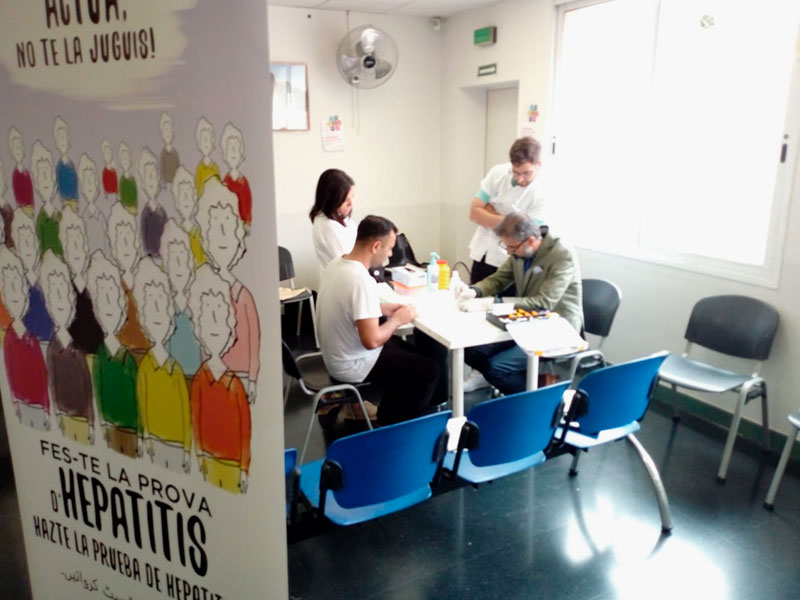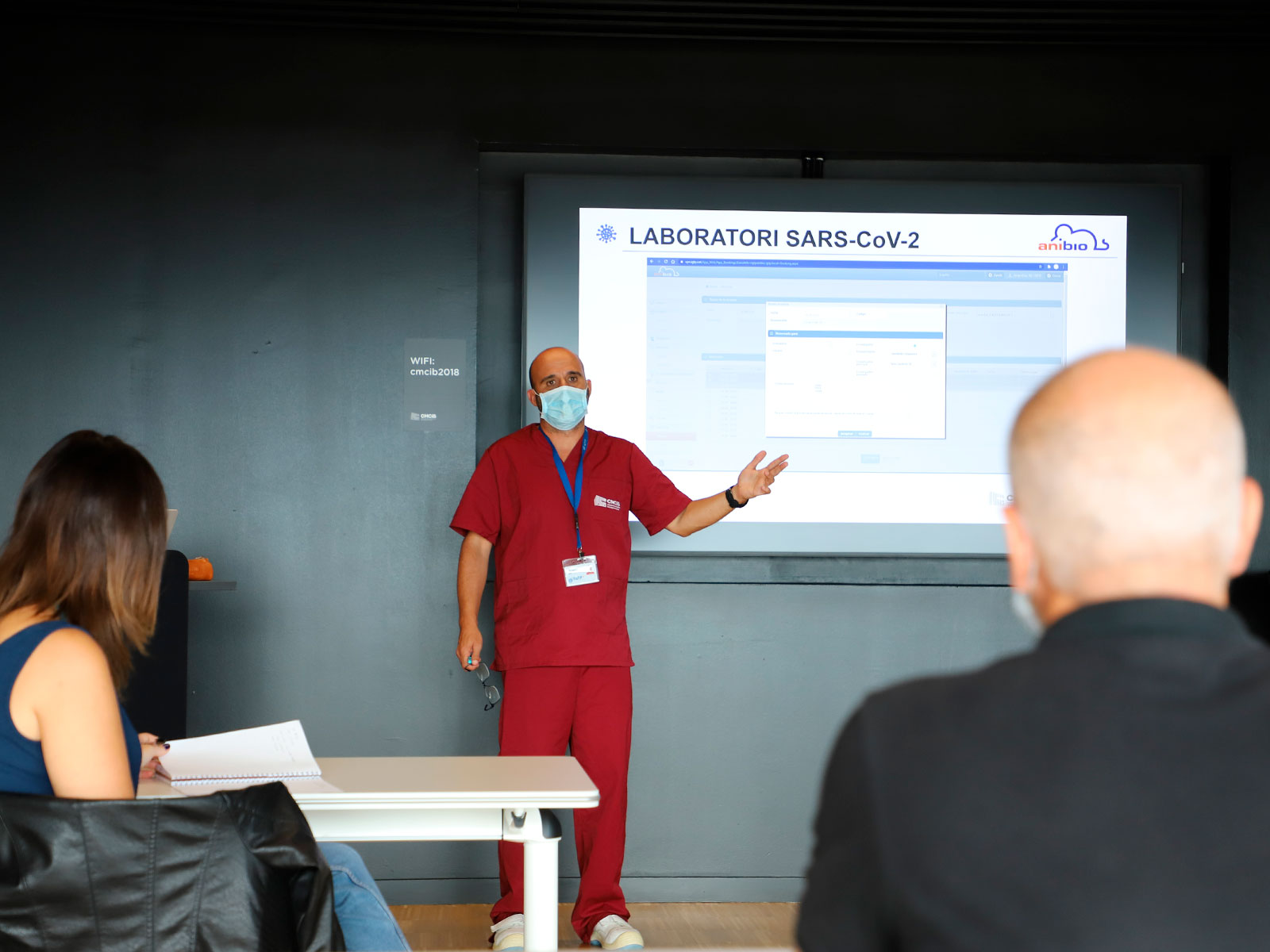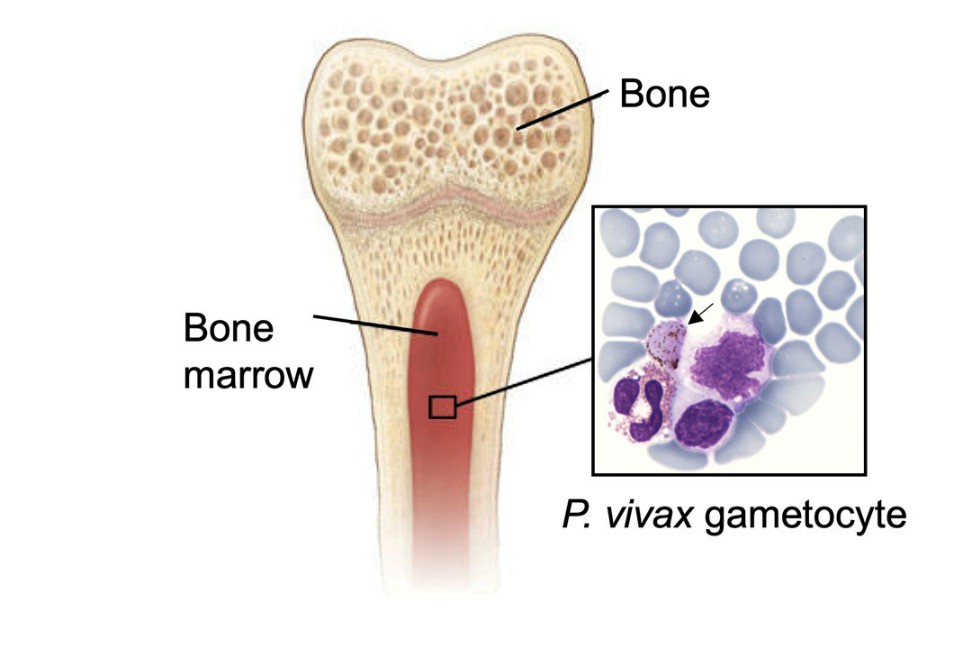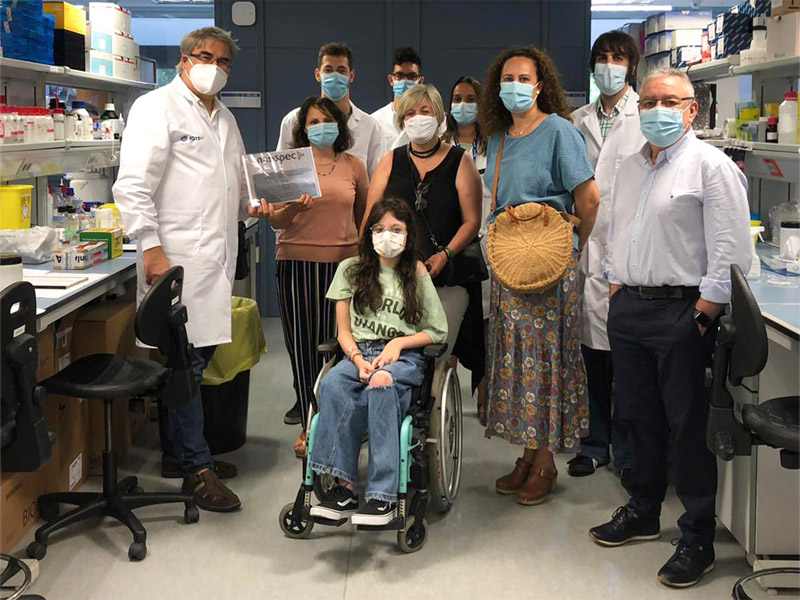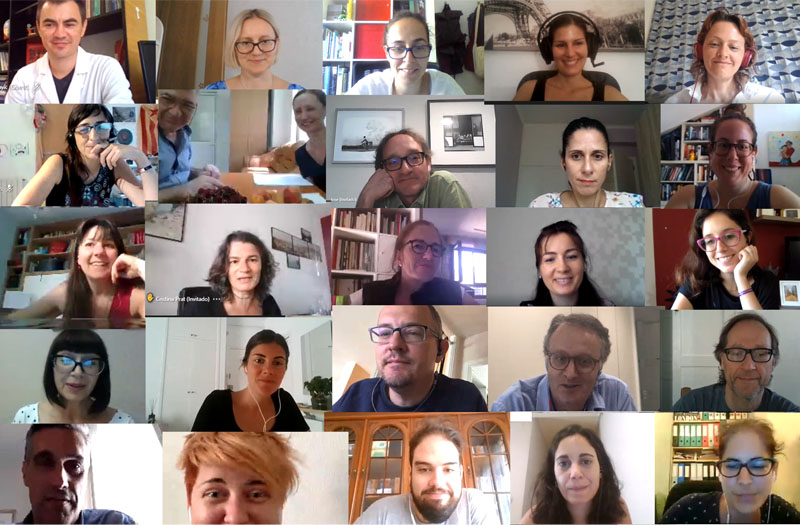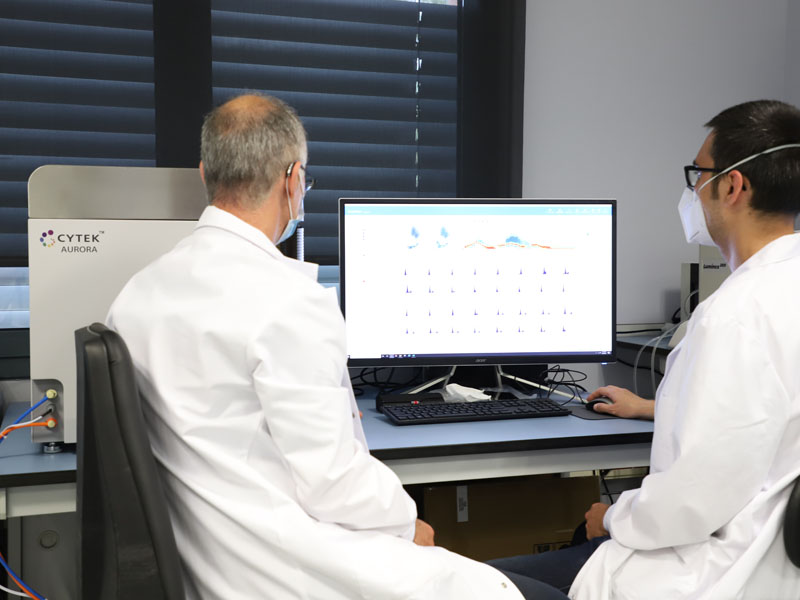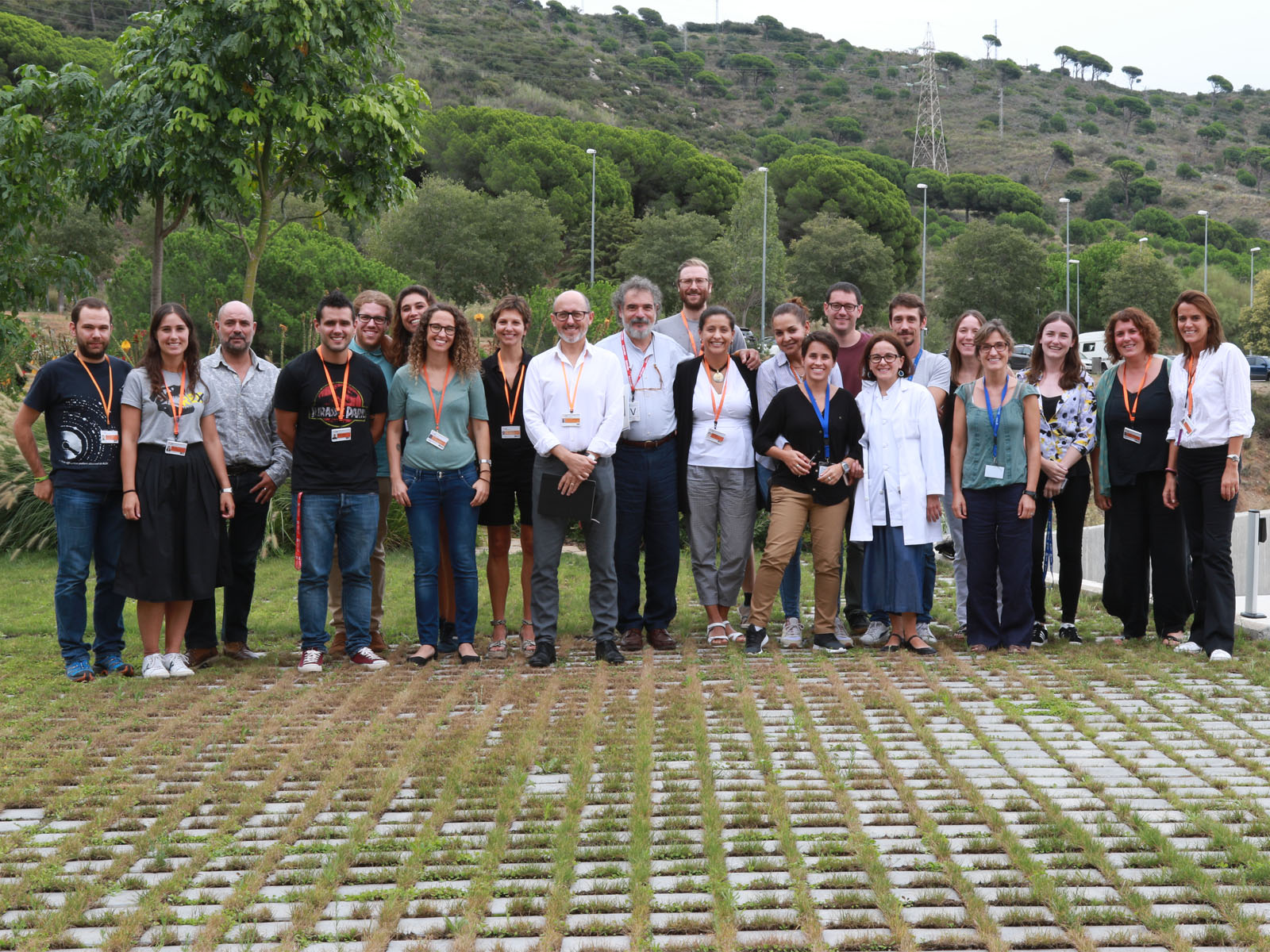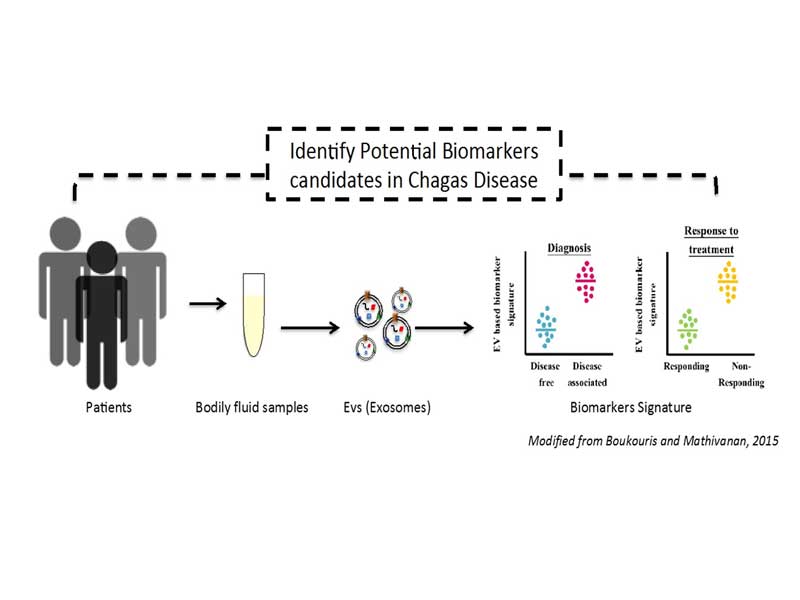Fifty professionals were on-site for the XVIII Workshop on Translational Research in Digestive Neoplasms
On 1-2 October the 18th edition of the Workshop on Translational Research in Digestive Neoplasms took place, organized by the IGTP and the Catalan Institute of Oncology (ICO). This edition was inevitably marked by all the safety measures required due to the pandemic, but it also provided a programme that did not disappoint those attending.



